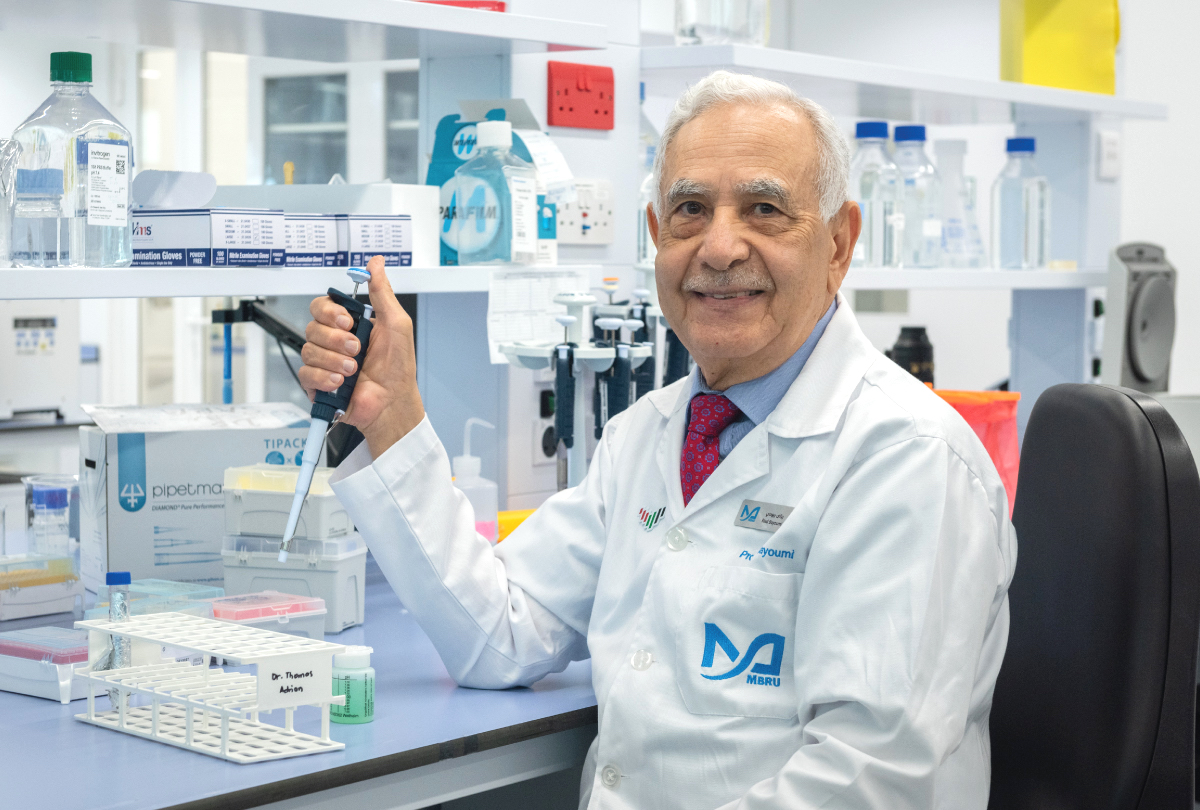
Approximately one in five women develop gestational diabetes mellitus during pregnancy, which has serious complications for both baby and mother, but fortunately reverses after delivery.
Women with this condition are at seven-fold higher risk of developing adult diabetes within 7-10 years after childbirth. However, it is difficult to predict which women with gestational diabetes would develop adult diabetes.
Professor Riad Bayoumi from Mohamed Bin Rashid University of Medicine and Health Sciences (MBRU) is leading a gestational diabetes research study “A novel model for investigating the genetic and environmental components of type 2 diabetes mellitus; a proof of principle’ to help foresee future diagnosis.
The study looked at Emirati women with a history of gestational diabetes who either developed or did not develop adult diabetes 10 years later. The team established a modified oral glucose tolerance test that enabled them to predict which of the women would develop adult diabetes in the future.
The analysis showed that women with predominant peripheral resistance to insulin, with raised fasting blood glucose levels during pregnancy, were at a greater risk of developing adult diabetes, compared to women with raised blood glucose following a meal.
The outcome suggested that women who identify at higher risk for diabetes, should follow a certain regimen after childbirth through frequent follow-ups, lifestyle modifications, and specific treatment protocols, to slow down the development of diabetes and improve their quality of life.
To learn more about this study please click here.

